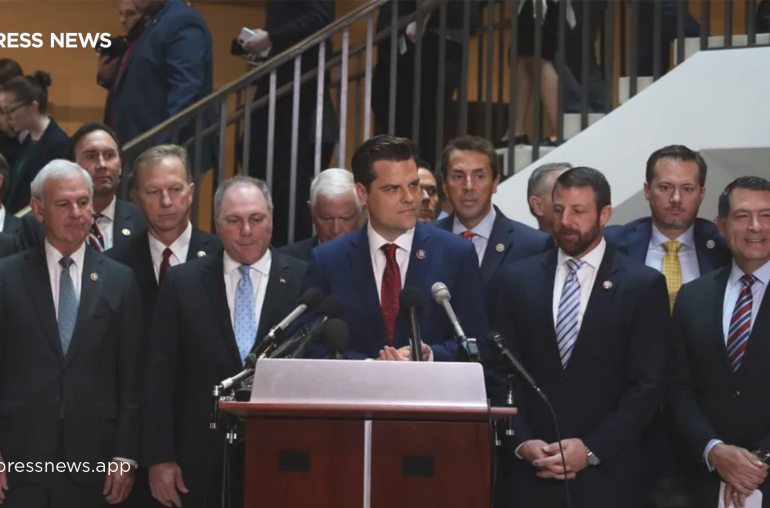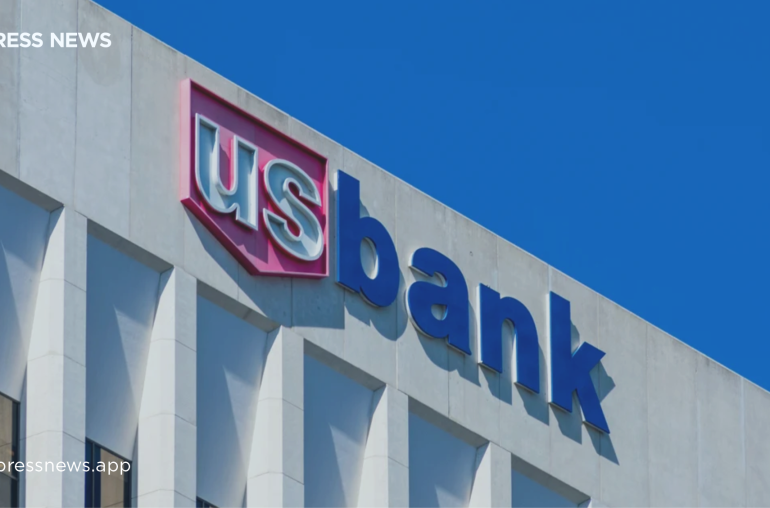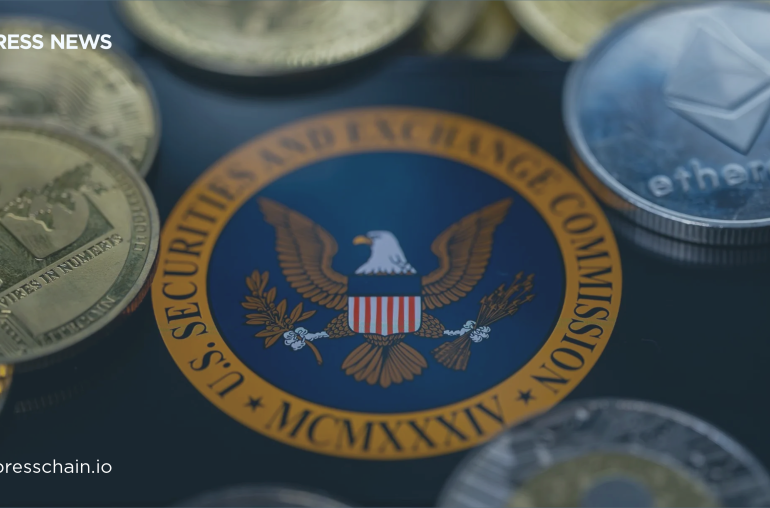In a landmark decision on May 22, 2024, the U.S. House of Representatives approved the Financial Innovation and Technology for the 21st Century Act (FIT21) with a bipartisan vote of 279-136. This legislation aims to establish a comprehensive regulatory framework for digital assets, delineating the roles of the Commodity Futures Trading Commission (CFTC) and the Securities and Exchange Commission (SEC) based on the characteristics of the digital asset’s underlying blockchain.
Key Provisions of FIT21
• Regulatory Jurisdiction: The CFTC is designated to oversee digital assets classified as commodities, particularly those operating on decentralized and functional blockchain networks. Conversely, the SEC will regulate digital assets deemed securities, especially those on centralized or non-functional blockchains. This bifurcation seeks to provide clarity and reduce regulatory overlap.
• Decentralization Criteria: For a blockchain to be considered decentralized under FIT21, no single entity should have unilateral control over its operations or access. Additionally, no issuer or affiliated party should possess more than 20% control over the digital asset or its voting power. This criterion ensures that truly decentralized projects benefit from a lighter regulatory touch.
• Exemptions and Disclosures: The act introduces specific exemptions from SEC registration for certain digital assets, provided they meet criteria such as limiting annual sales and restricting access to non-accredited investors. These exemptions are coupled with mandatory disclosure and compliance requirements to protect investors.
Implications for the Digital Asset Ecosystem
The passage of FIT21 is poised to offer much-needed regulatory clarity, potentially fostering innovation within the U.S. digital asset sector. By clearly defining the oversight responsibilities of the CFTC and SEC, the act aims to create a more predictable environment for developers, investors, and consumers.
However, the bill has faced criticism. SEC Chair Gary Gensler expressed concerns that FIT21 might introduce regulatory gaps, potentially putting capital markets at risk. The Biden Administration also highlighted the bill’s perceived insufficiencies in consumer and investor protections, indicating potential challenges as the legislation moves to the Senate.
Next Steps
For FIT21 to become law, it requires approval from the Senate and the President’s signature. Given the expressed reservations from the current administration and certain regulatory bodies, the bill may undergo further revisions. Stakeholders within the digital asset community are advised to monitor developments closely, as the final provisions will significantly impact the industry’s regulatory landscape.
Sources:
• U.S. House Financial Services Committee Press Release







